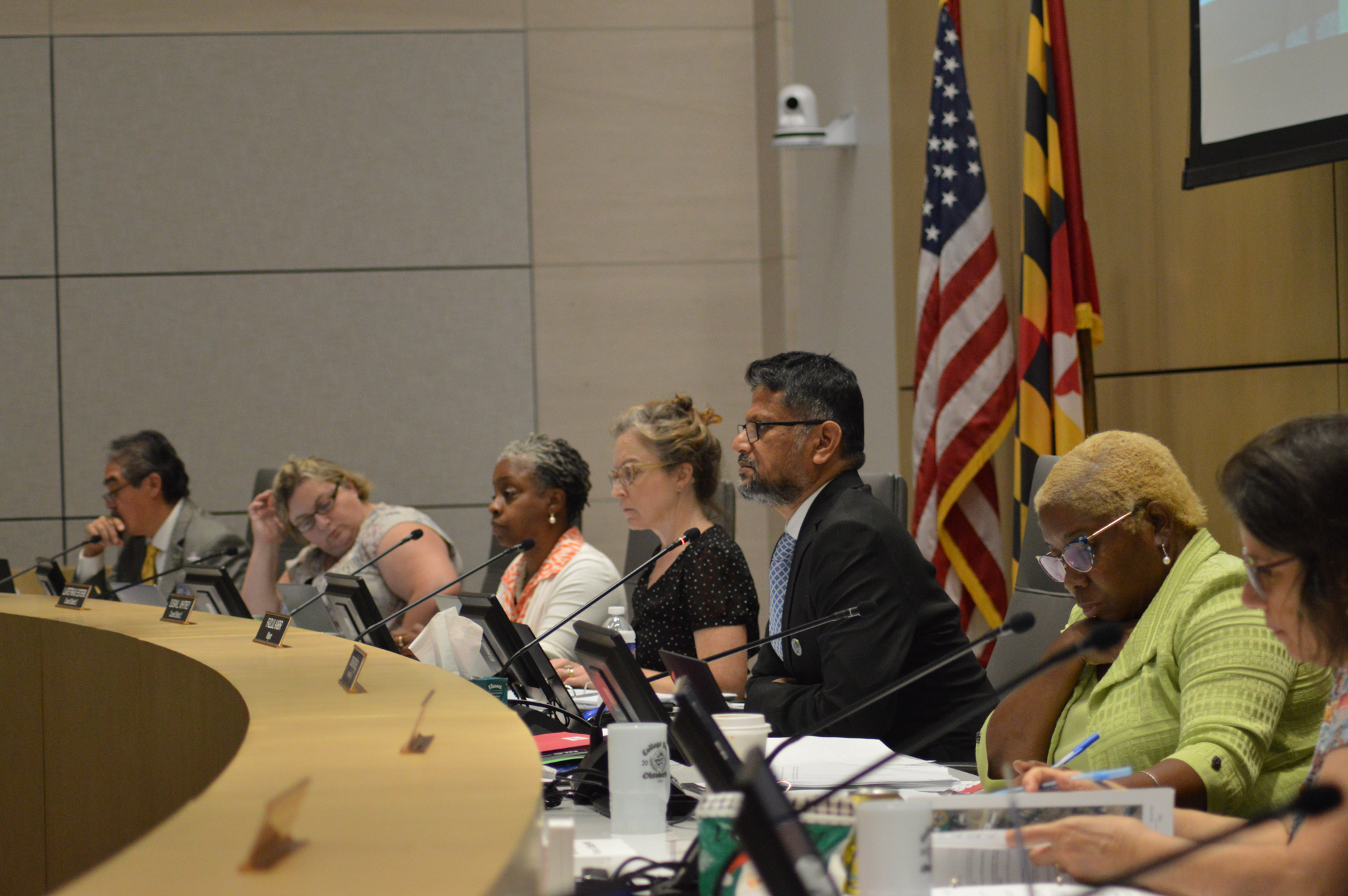The College Park City Council came into Tuesday’s meeting prepared to remove the city’s ability to carry out urban renewal from the city charter, but ultimately chose to wait and examine the policy more closely.
Urban renewal allows the city to authorize housing redevelopment and renovations whenever it considers it necessary. The city charter currently allows the process, yet several local officials are advocating for its removal.
“Urban renewal that was adopted in the city code has only been used one time,” City Attorney Suellen M. Ferguson said during the meeting. “Based on the city’s current thinking, we don’t see any need for this to be in the code any further.”
College Park has only ever used urban renewal in Lakeland — a historically African American neighborhood in the city — in 1970. The process led to the demolition of many family homes and the displacement of 104 of the 150 households in the neighborhood.
Since then, many of the homes were replaced with subsidized townhouses and high-density apartments, primarily inhabited by University of Maryland students. Most of the neighborhood’s African American families were unable to resettle in Lakeland.
[College Park restorative justice commission discusses goals, progress in one-year update]
In recent years, the Lakeland Community Heritage Project has been working to honor the heritage and history of African Americans in the neighborhood. The city formed the Restorative Justice Commission and issued a formal apology for what happened in Lakeland in 2020.
Maxine Gross, the founding chairperson of the Lakeland Community Heritage Project and a former city council member, told the council that she and the city’s Restorative Justice Commission are looking at the urban renewal language in the charter to see if it could be used for restorative justice.
“I thought it was important to just look at it closely,” Gross said. “To make sure that there wasn’t language that could be utilized later on in bringing about restorative action.”
Gross’s advocacy led the council to vote to table the motion to remove urban renewal until after the Restorative Justice Commission could properly examine it.
Even so, District 3 council member John Rigg wants urban renewal removed from the city charter sooner rather than later. He also expressed frustration with the speed of the Restorative Justice Commission.
[Here’s what the College Park City Council did this summer]
“I’m open to not striking this from the charter tonight, but this is clearly a blight on our charter,” Rigg said during the meeting. “It illustrates part of the past of this city that is at best controversial [and] at worst downright racist.”
Mayor Pro Tem Denise Mitchell agreed. She advocated for listening to Gross’s advice, but also did not want to further stain the history of College Park for longer than necessary.
“I personally do not want to have this sitting on our charter,” Mitchell said. “I’m very distressed by having it here.”
Urban renewal will be discussed at the next Restorative Justice Commission meeting on Sept. 28.
Gross believes the city should wait for the conclusion of the Restorative Justice Commission before removing urban renewal from the city charter.
“It’s important that we do things in a mindful way rather than making a snap decision without a full understanding of what is happening,” Gross said.



